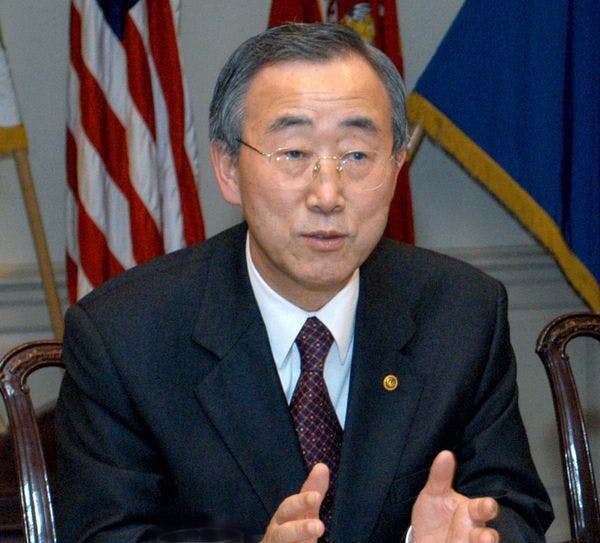Can UN leadership fix broken drug policies? A call for Ban Ki Moon in advance of the 2016 UNGASS
Last month, close to 1000 advocates, service providers, community leaders, researchers and government representatives met in Kuala Lumpur for the 24th International Harm Reduction conference. This year, the conference took place in Asia to inspire the region to consider drug policies that offer alternatives to the failed goal of Drug Free Asia by 2015 set by the Association of Southeast Asian Nations (ASEAN).
Malaysia was selected for two reasons. First, to highlight the good and the bad - Malaysia's commitment to improve lives of people using drugs by scaling up harm reduction services and evidence based drug treatment and also, Malaysia's death mandatory death penalty for drug offences. Somewhat uncomfortably, both approaches sit alongside each other and while hundreds of people are receiving methadone treatment, and close to a thousand are on death row for drug offences.
This spring, the UN will convene a special assembly session on drugs (UNGASS), providing a perfect opportunity for the Secretary General Ban Ki Moon to lead on an issue that is of urgency in his own region.
The UN Commission on Human Rights has acknowledged that the global drug problem violates human rights in five areas - the right to health, the rights relating to criminal justice and discrimination, the rights of the child and the rights of indigenous peoples - and recognizes the need for the forthcoming UNGASS to better integrate human rights into the outcome documents.
Ban Ki-Moon has personally called for an end to the imposition of the death penalty, acknowledging that the death penalty does not deter drug crimes. He also endorsed the decision by the United States to release 6,000 prisoners from federal prisons for disproportionately long drugs sentences. Building on these bold statements, his continued leadership is urgently needed in other areas of drug policy reform.
He is poised to enact transformative decisions that can save the millions of lives and improve thousands of communities across the world that have been destroyed by the current the global drug control system. Will he take on this challenge?
Click here to read the full article.
Keep up-to-date with drug policy developments by subscribing to the IDPC Monthly Alert.
Thumbnail: Wikipedia
Topics
Regions
Related Profiles
- Open Society Foundations (OSF)
